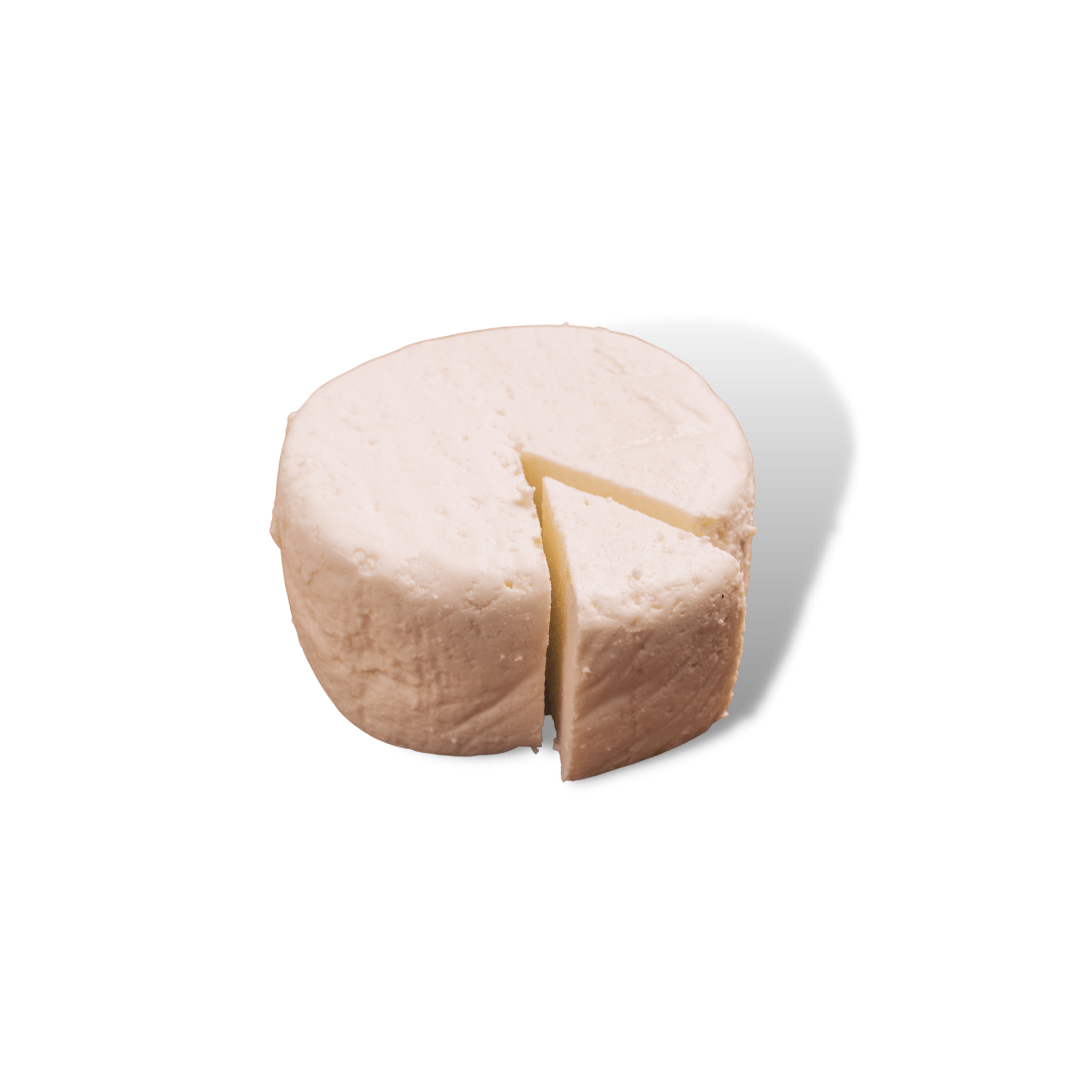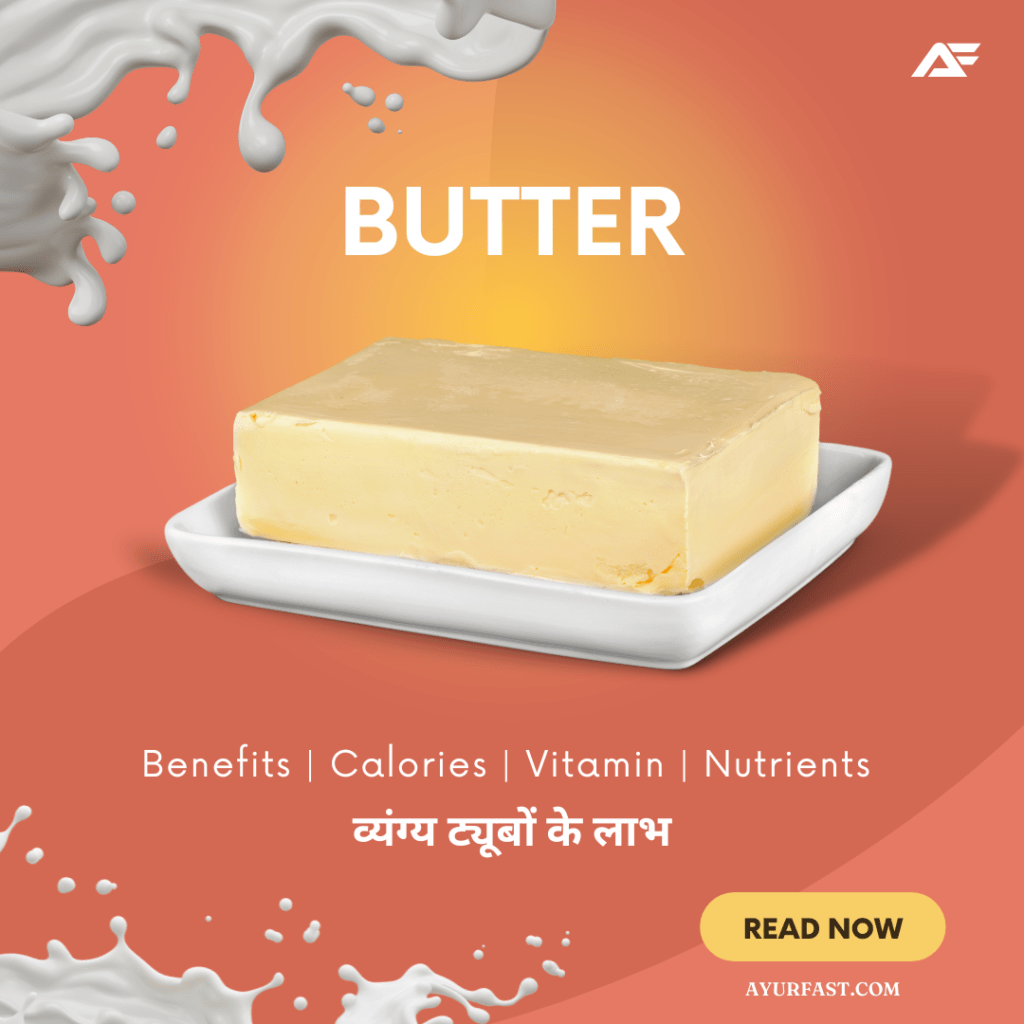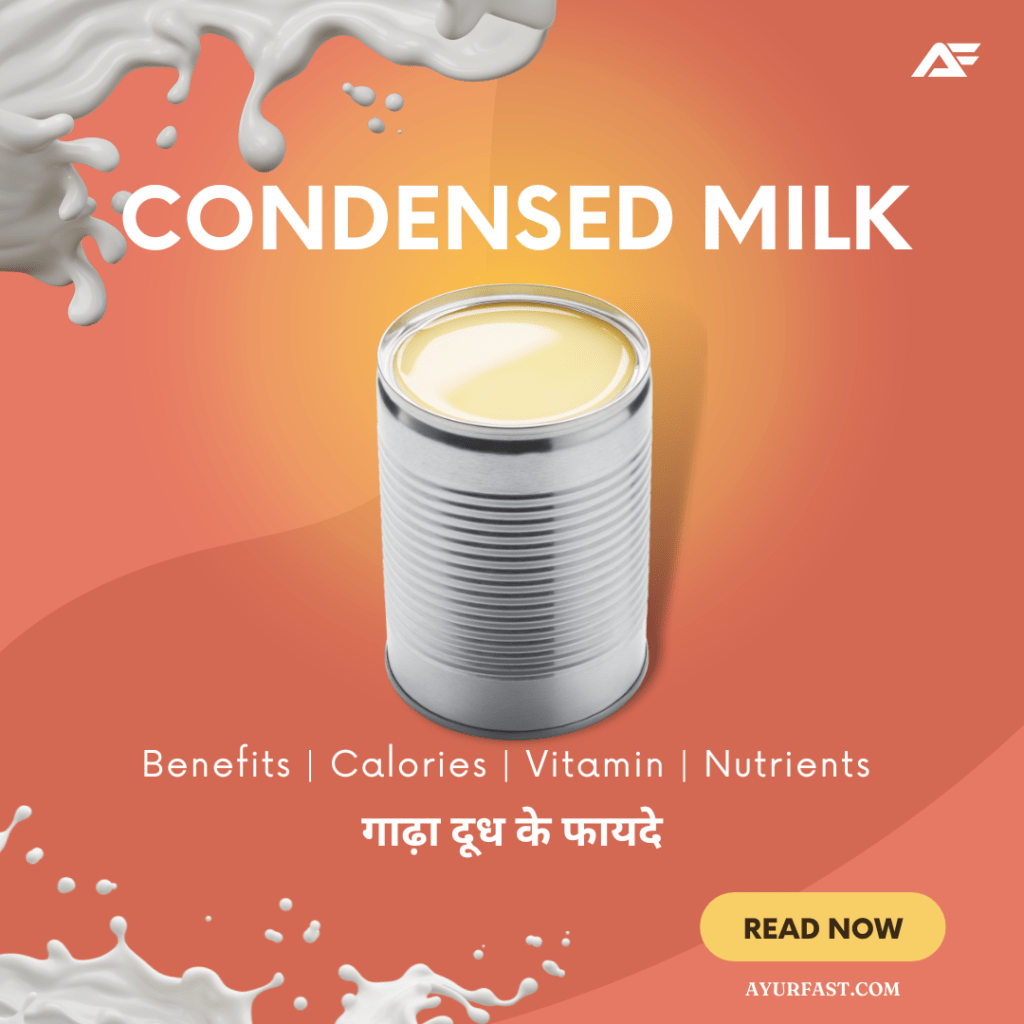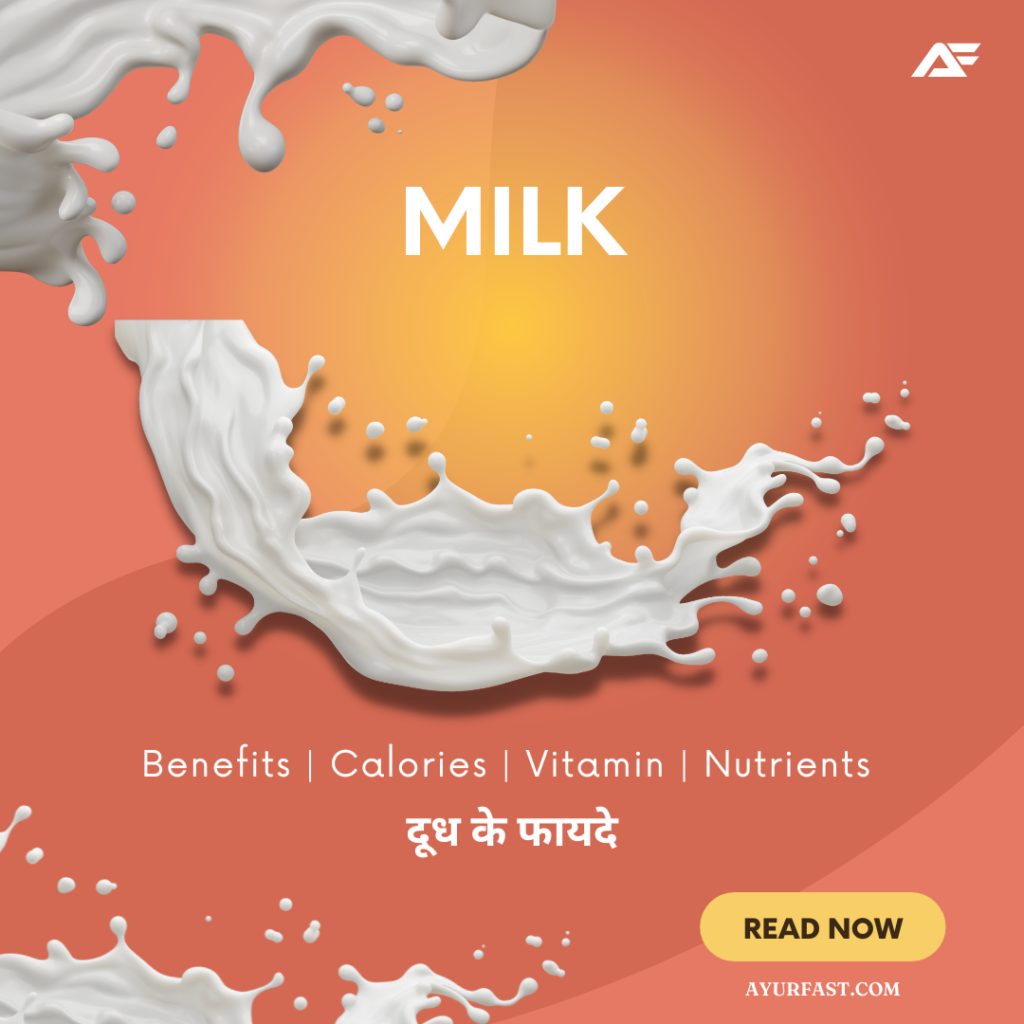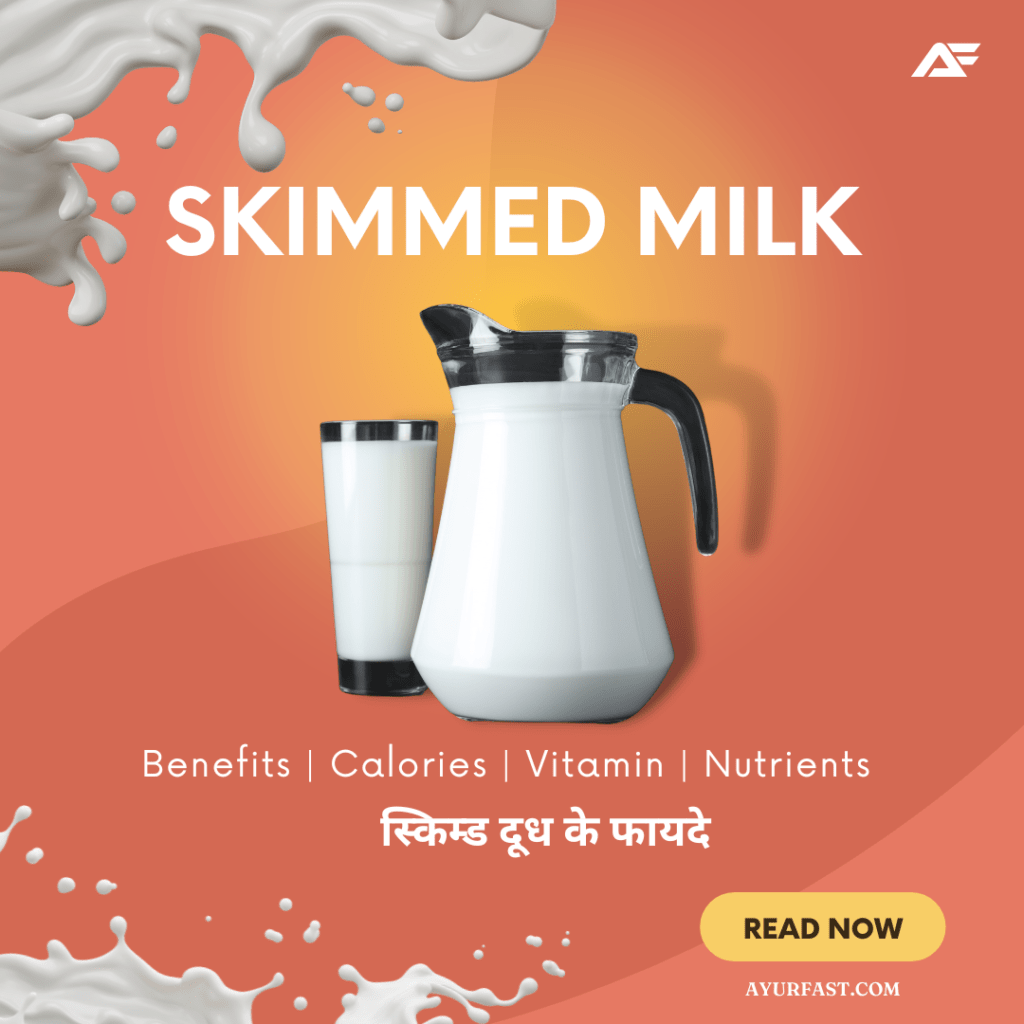About
Ricotta cheese is a type of cheese that is made from whey, a byproduct of cheese production. It has a creamy texture and a slightly sweet flavor. Ricotta cheese is commonly used in Italian cuisine, especially in dishes like lasagna and cannoli. It is also used as a topping for pizza and as a filling for pastries and desserts.
Health Benefits of Ricotta Cheese:
- Rich in protein: Ricotta cheese is a good source of protein, which is essential for building and repairing tissues in the body.
- Low in calories: Ricotta cheese is relatively low in calories, making it a good option for people who are watching their weight.
- Good source of calcium: Ricotta cheese is high in calcium, which is important for maintaining strong bones and teeth.
- Low in lactose: Ricotta cheese is lower in lactose than other types of cheese, making it a good option for people who are lactose intolerant.
- Contains B vitamins: Ricotta cheese contains several B vitamins, which are important for energy production and healthy skin, hair, and nails.
Health Risks of Ricotta Cheese:
- High in sodium: Ricotta cheese can be high in sodium, which can contribute to high blood pressure and other health problems.
- High in saturated fat: Ricotta cheese can be high in saturated fat, which can contribute to heart disease and other health problems.
- Allergies: Some people may be allergic to ricotta cheese, which can cause symptoms like hives, swelling, and difficulty breathing.
Preparation Method:
Here is a simple recipe to make Ricotta cheese at home:
Ingredients:
- 1-gallon whole milk
- 1 teaspoon salt
- 1/3 cup white vinegar or lemon juice
Instructions:
- Pour the milk into a large pot and heat over medium heat until it reaches a temperature of 180°F.
- Remove the pot from heat and add the salt and white vinegar or lemon juice.
- Stir the mixture gently until it starts to curdle. Let it sit for 10-15 minutes.
- Line a large sieve with cheesecloth and place it over a bowl.
- Use a slotted spoon to transfer the curds to the cheesecloth-lined sieve.
- Allow the cheese to drain for about an hour until it reaches the desired consistency.
- Once the cheese is drained, transfer it to a container and refrigerate until ready to use.
List of Treatments it can be used in:
Ricotta cheese is a versatile ingredient and can be used in a variety of dishes. Here are some of the treatments in which Ricotta cheese is commonly used:
-
Baked Goods: Ricotta cheese is often used as a filling in baked goods such as muffins, pastries, and cakes.
-
Pasta Dishes: Ricotta cheese is commonly used in Italian pasta dishes such as lasagna, manicotti, and ravioli.
-
Salads: Ricotta cheese can be used in salads for added protein and creaminess.
-
Appetizers: Ricotta cheese can be used as a base for dips and spreads, or used to top crostini or crackers.
-
Main Dishes: Ricotta cheese can be used in main dishes such as stuffed chicken breasts or as a topping for pizzas.
-
Desserts: Ricotta cheese is often used in sweet desserts such as cannoli, cheesecake, and tiramisu.
- Snacks: Ricotta cheese can be eaten as a snack on its own or mixed with fruits and nuts for added flavor and nutrition.
Harms of Overdose:
-
Weight gain: Ricotta cheese is a high-calorie food and can contribute to weight gain if consumed in excess.
-
High cholesterol: Ricotta cheese is a high-fat food and can contribute to high cholesterol levels if consumed in large amounts.
-
Digestive issues: Consuming too much Ricotta cheese can cause digestive issues such as bloating, gas, and diarrhea.
-
Sodium intake: Ricotta cheese is often high in sodium, which can lead to high blood pressure and other health issues.
-
Allergies: People with lactose intolerance or dairy allergies should avoid consuming Ricotta cheese, as it can cause adverse reactions.
-
Kidney problems: Eating too much Ricotta cheese can put a strain on the kidneys, especially in people with existing kidney problems.
-
Reduced nutrient absorption: Consuming large amounts of Ricotta cheese can interfere with the body’s ability to absorb certain nutrients.
Maximum Consumption Chart per Day:
Child (4-8 years old):
25-30 grams per day Adult Man:
150-200 grams per day Adult Woman:
125-150 grams per day
Energy and Macronutrient Content in 50 grams of Ricotta Cheese:
| Nutrient | Amount |
|---|---|
| Calories | 82 |
| Total Fat | 5.5 g |
| Saturated Fat | 3.5 g |
| Cholesterol | 21 mg |
| Total Carbohydrates | 2 g |
| Dietary Fiber | 0 g |
| Protein | 7 g |
| Water Content | 36 g |
Vitamin Content in 50 grams of Ricotta Cheese:
| Vitamin | Amount |
|---|---|
| Vitamin A | 121 IU |
| Vitamin B1 (Thiamin) | 0.01 mg |
| Vitamin B2 (Riboflavin) | 0.13 mg |
| Vitamin B3 (Niacin) | 0.04 mg |
| Vitamin B6 | 0.01 mg |
| Vitamin B12 | 0.3 mcg |
| Vitamin C | 0 mg |
| Vitamin D | 15 IU |
| Vitamin E | 0.1 mg |
| Vitamin K | 0.2 mcg |
| Folate | 5.5 mcg |
| Biotin | 1.6 mcg |
Mineral Content in 50 grams of Ricotta Cheese:
| Mineral | Amount |
|---|---|
| Calcium | 170 mg |
| Iron | 0.2 mg |
| Iodine | 4.2 mcg |
| Zinc | 0.4 mg |
| Magnesium | 8 mg |
| Phosphorus | 123 mg |
| Potassium | 71 mg |
| Sodium | 104 mg |
| Chloride | 91 mg |
| Copper | 0.01 mg |
| Chromium | 0.1 mcg |
| Fluoride | 1.5 mcg |
| Molybdenum | 1.6 mcg |
| Manganese | 0.01 mg |
| Selenium | 2.1 mcg |
What are the health benefits of Ricotta cheese?
Ricotta cheese is rich in protein, low in calories, a good source of calcium, and contains B vitamins.
Is Ricotta cheese low in calories?
Yes, Ricotta cheese is relatively low in calories, making it a good option for people who are watching their weight.
Is Ricotta cheese a good source of calcium?
Yes, Ricotta cheese is high in calcium, which is important for maintaining strong bones and teeth.
Is Ricotta cheese low in lactose?
Yes, Ricotta cheese is lower in lactose than other types of cheese, making it a good option for people who are lactose intolerant.
What B vitamins are found in Ricotta cheese?
Ricotta cheese contains several B vitamins, including thiamin, riboflavin, niacin, B6, B12, folate, and biotin.
Are there any health risks associated with Ricotta cheese?
Yes, Ricotta cheese can be high in sodium and saturated fat, which can contribute to high blood pressure, heart disease, and other health problems. Some people may also be allergic to Ricotta cheese, and consuming too much can cause digestive issues and interfere with nutrient absorption.
Can Ricotta cheese be made at home?
Yes, Ricotta cheese can be made at home using whole milk, salt, and white vinegar or lemon juice.
What are some common dishes that use Ricotta cheese?
Ricotta cheese can be used in a variety of dishes, including baked goods, pasta dishes, salads, appetizers, main dishes, desserts, and snacks.
Can consuming too much Ricotta cheese be harmful?
Yes, consuming too much Ricotta cheese can contribute to weight gain, high cholesterol levels, digestive issues, high sodium intake, allergies, kidney problems, and reduced nutrient absorption.
How much Ricotta cheese can children consume per day?
Children aged 4-8 years old can consume 25-30 grams of Ricotta cheese per day.
How much Ricotta cheese can adult men consume per day?
Adult men can consume 150-200 grams of Ricotta cheese per day.
How many calories are in 50 grams of Ricotta cheese?
50 grams of Ricotta cheese contains 82 calories.
Is ricotta cheese good for weight loss?
Ricotta cheese is low in calories and high in protein, which can make it a good option for people who are trying to lose weight. However, consuming too much ricotta cheese can lead to weight gain. Therefore, it should be consumed in moderation as part of a balanced diet.
What is the mineral content of 50 grams of ricotta cheese?
In 50 grams of ricotta cheese, there are minerals such as calcium, iron, iodine, zinc, magnesium, phosphorus, potassium, sodium, chloride, copper, chromium, fluoride, molybdenum, selenium, and manganese.

